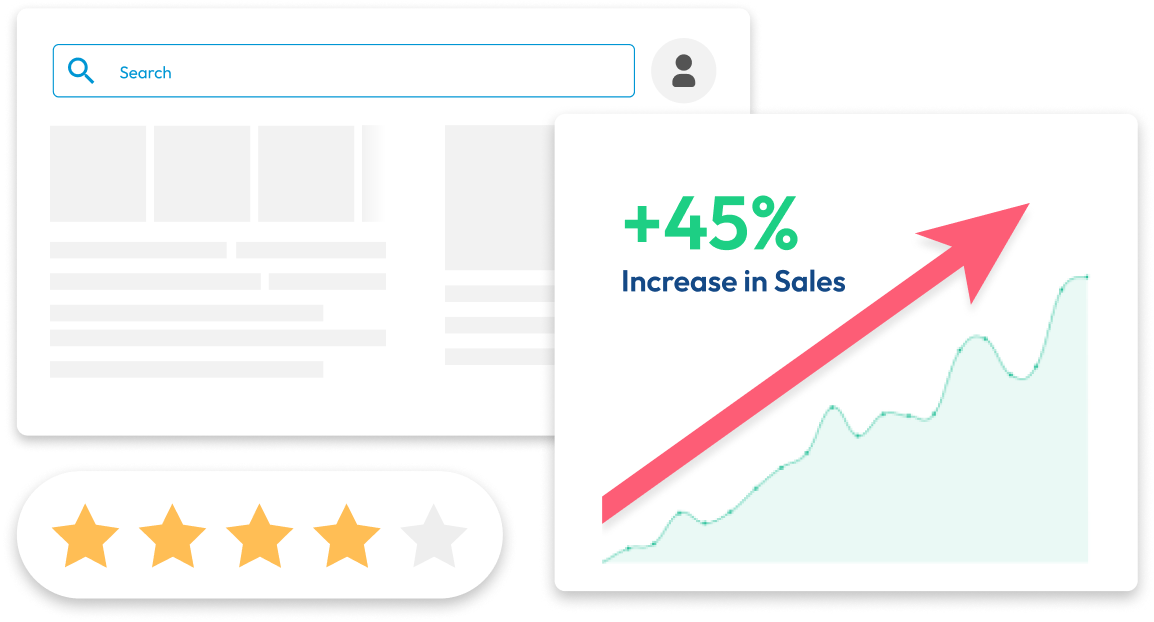Get a free consultation with us!
Stop wasting money and unlock the hidden potential of your advertising.
- Discover the power of intentional advertising
- Reach your ideal target audience.
- Maximize ad spend efficiency.

With the rise of smartphones, mobile marketing has become the ultimate tool for businesses looking to expand their reach and connect with customers on a deeper level. Let’s dive into the impact of mobile marketing on business growth and share some practical tips to help you get started.
Stop wasting money and unlock the hidden potential of your advertising. Mobile devices have revolutionised the way we communicate, shop, and interact with brands. With nearly half of global web traffic coming from mobile devices, mobile marketing is now a must-have strategy for businesses of all sizes. Mobile marketing helps businesses connect with their audience on a personal level. This leads to stronger relationships and higher engagement rates. It also helps businesses reach their audience at the right time and place, increasing conversions and providing valuable insights into user behaviour.
Key Statistics Mobile marketing is simply promoting products or services through mobile devices like smartphones, tablets, and other handheld devices. There are a few key parts to mobile marketing: Each of these components helps engage users and drive business growth in its own way. By understanding how they work together, businesses can create effective mobile marketing strategies. To succeed in mobile marketing, you need a website that works well on mobile devices. Mobile optimisation is about designing your website to provide a great user experience on small screens. Here are some best practices to follow:
1. Use a responsive design: This means your website will automatically adjust to fit any screen size, making it easy to read and navigate. 2. Make it fast Mobile users want quick and seamless experiences. A slow-loading website can lead to high bounce rates. To improve loading times, optimise images, reduce code, and use browser caching. 3. Simplify navigation Make it easy for mobile users to find what they're looking for. Use clear and concise menus, and ensure that buttons and links are easily tappable. By following these tips, you can create a mobile-friendly website that provides a great user experience and helps you achieve your mobile marketing goals. To capture the attention of mobile users, you need to create engaging content that resonates with your audience. Here are some effective strategies to help you do so:
1. Use short, concise copy Mobile users are often on the go and may not have the time to read lengthy articles. Keep your content brief and to the point. 2. Break up your text Use headings, bullet points, and visuals to make your content more digestible and easy to read on mobile devices. 3. Leverage apps Apps provide a direct channel for users to interact with your brand, offering personalised experiences and exclusive content. Incorporate features such as loyalty programs, push notifications, and in-app purchases to enhance user engagement.
3. Use push notifications wisely: Send timely and relevant messages that add value to the user's experience, such as updates, promotions, or reminders. Be cautious not to overwhelm users with too many notifications, as this can lead to app uninstalls. By following these strategies, you can create engaging content that captures the attention of mobile users and drives user engagement. Mobile advertising is a dynamic component of mobile marketing, offering a variety of platforms and targeting options to reach your audience. From social media ads to in-app advertisements, there are numerous ways to promote your brand on mobile devices. Measuring the effectiveness of your mobile marketing efforts is crucial for continuous improvement. There are several key metrics and tools you can use to track your success and make data-driven decisions. Some important metrics to monitor include click-through rates (CTR), conversion rates, and user engagement levels. These provide insights into how well your campaigns are performing and identify areas for optimisation.
To illustrate the impact of mobile marketing, let's look at a few successful campaigns from leading brands.
Starbucks Mobile App Starbucks is a prime example of a brand that has leveraged mobile marketing to drive customer engagement and loyalty. Their mobile app offers a seamless experience for ordering, payment, and rewards. By integrating features such as personalised offers and push notifications, Starbucks has created a highly engaging platform that keeps customers coming back. Domino's Pizza Domino's Pizza has embraced mobile marketing to enhance its ordering process and customer experience. Their mobile app allows users to easily customise and order their favourite pizzas, track deliveries, and access exclusive deals. By using push notifications to send timely promotions and updates, Domino's has increased customer engagement and sales. These case studies highlight the potential of mobile marketing to drive business growth and enhance customer relationships. By implementing similar strategies, businesses of all sizes can achieve success in the mobile space. The future of mobile marketing is exciting and full of possibilities. Some emerging trends include: These emerging trends will shape the future of mobile marketing, enabling businesses to create more engaging, personalised, and interactive experiences for their customers.
Mobile marketing is a powerful tool for driving business growth and engaging with customers. By optimising your website and content for mobile devices, leveraging mobile advertising platforms, and tracking your success, you can stay ahead in the competitive digital landscape.
According to Sagar Sethi, a leading digital marketing consultant in Australia, "Mobile marketing is no longer a nicety, it's a necessity. Businesses that fail to adapt to the mobile-first approach will be left behind."
If you're ready to take your mobile marketing to the next level, consider consulting with an expert like Sagar Sethi. With his extensive experience in digital marketing, he can help you create a tailored strategy that drives results. Visit Sagar Sethi's website at sagarsethi.com.au to learn more about his digital marketing services and how he can help you achieve your business goals.Get a free consultation with us!

The Rise of Mobile Marketing and Its Importance for Businesses
Understanding Mobile Marketing
Mobile Optimisation
Engaging Mobile Users
Mobile Advertising
Tracking Mobile Marketing Success
Case Studies
The Future of Mobile Marketing
Unlock the Full Potential of Mobile Marketing with Sagar Sethi





WINNER

FINALIST

FINALIST

WINNER

WINNER

FINALIST

FINALIST

WINNER
